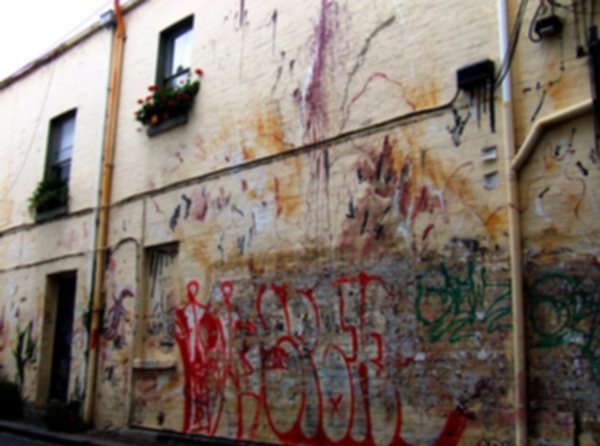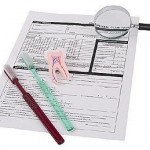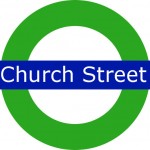How to Report Antisocial Behavior in London

People have the right to feel safe not only in their own homes but also in the neighborhood they live in. But elements like anti-social behavior diminish the quality of life because of the incessant intimidation, disturbances, arousal of anger and anxiety by acts which are considered anti-social. Neighbors who are rowdy or litter around, or people who make graffiti on the walls, and people who sell drugs in the neighborhood are all included in what is construed as anti-social behavior. One should not have to suffer from these issues in silence or try to avoid areas where anti-social behavior exists, but should not only know how to keep safe from such behavior but also be aware of how to report it and to whom.
Instructions
-
1
Talk to the neighbors and see if they are being bothered by the behavior too.
-
2
Discuss it with the person who is a cause of the anti-social behavior, becase there are times when that person in unaware that he's being a cause of the nuisance.
-
3
Reporting the issue to the anti social coordinator of the local council also works.
-
4
Call the police on their non-emergency number by dialing 101.
-
5
You may also want to contact the neighborhood watch or neighborhood policing team so they can take appropriate actions.
-
6
Try and keep witnesses and proofs of the anti-social behavior that has been happening, in case the police may require them.
-
7
Some of the common penalties for anti-social behavior include Acceptable Behavior Contract (ABCs). It is an agreement that is in writing between the anti-social element and the local council or police, stating the impact their behavior has had on others. Although these contracts do not have a legal standing as far as being binding on the other person is concerned, but they can be referred to in courts.
-
8
Penalty notices can also be given in case of environmental crimes.
-
9
Anti-Social Behavior orders is an order from the court that bans anti-social behavior and can also prevent entry into an area where anti-social activity has taken place.
-
10
Dispersal Orders are given when groups are obnoxiously loud and disruptive, making them leave the area and not return. But the council has to be unanimous in their decision and it should be released in the local newspaper too.







